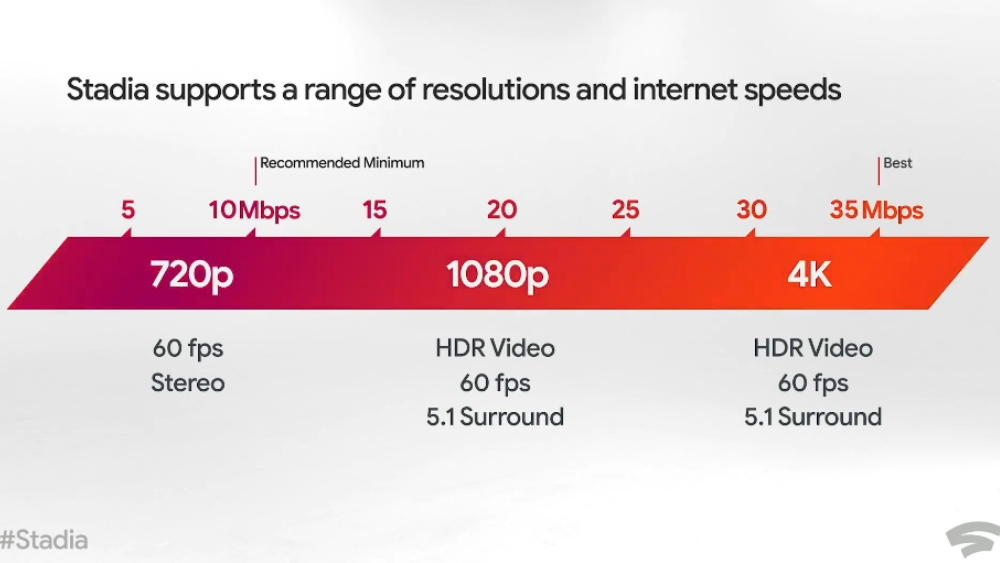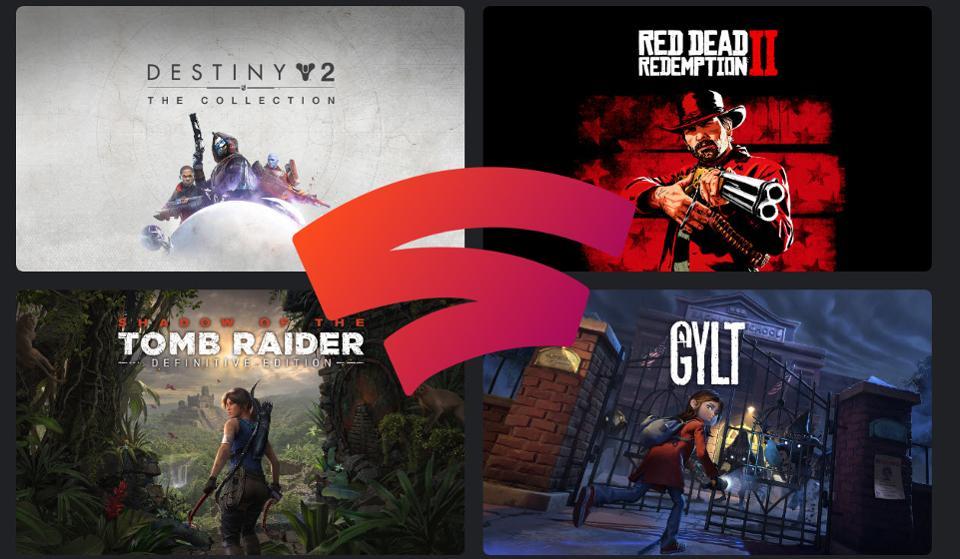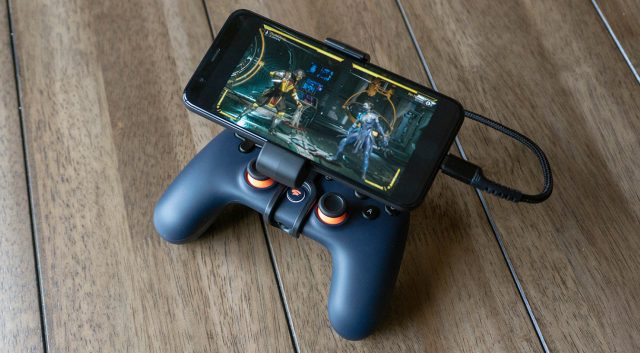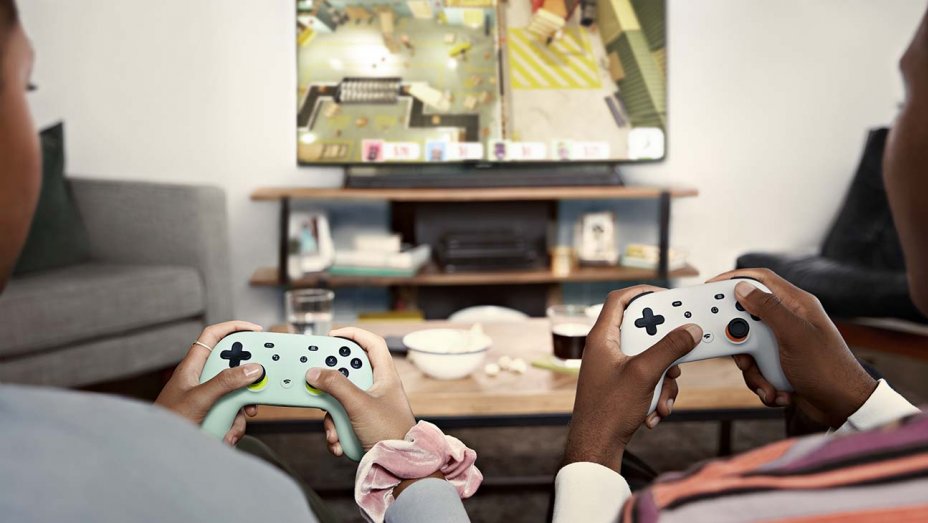Revolutionary No Doubt, But Can Malaysia’s Internet Support it?
Written by Aqil Nasri
Touted as the next big thing for cloud gaming, Google Stadia has finally launched in US shores back on November 20, 2019. Google boasted to the world that 4K resolution at 60 frames per second (fps) will be the standard for Stadia, with players able to play their games anywhere in the world where there’s stable enough internet connection (10 Mbps minimum, 35 Mbps for 4K capabilities).
People can play their games through the Google Chrome web browser on desktops or laptops, tablets, smart TVs, Chromecast and digital media players too, all without the need to download the game or even have a physical console to plug into. Essentially what this is, is Netflix for games. All of this is well and good. In theory, all you need to play whatever game is available in the Stadia library is a controller, and a fast enough connection, but is it really the future, or is this a vision passed through rose-tinted glasses?

Internet speed requirements for Stadia
Since its launch, Stadia hasn’t been enjoying an enjoyable life after release. To put it nicely, the platform has had a ‘rocky’ launch so far in Western shores. Myriads of issues have been plaguing users since day one, with internet stability being the number one issue (as foreseen). Users with high-end internet speeds are even complaining that they are having stuttering and lagging issues even when their internet speeds have clearly exceeded the max requirements of the Stadia.
There are cases where people are playing Red Dead Redemption 2 with 2-3 seconds of input lag. Unplayable is an understatement, and that’s just a single-player game, not a multiplayer game. In a list of problems that should not have occurred in the first place, the Stadia fails to remedy one that’s imperative when it comes to gaming, and when you add a list of people paying hundreds of dollars for the service, you can bet not a lot of people are going to be happy about it.

Some of the games available on Stadia
Okay, so let’s do a little math. In order to even access Stadia at the time of writing, you need to be living in one of the 14 countries that Stadia’s available in, namely countries like the US or the UK, but let’s just assume that Stadia is now available in Malaysia with the same pricing model. So, to buy Stadia, you need to fork out at least $129 (RM536) for the ‘Founder’s Edition’ with a monthly subscription fee of $9.99 (RM41).
To access the games, you would think that most of them would be readily available to you because of the subscription fee right? Well, you’re wrong. Unlike Netflix’s one-time fee, Stadia users need to top up an additional $60 (RM249) for individual games. In total, you need to cough up RM826 to even enjoy the bare minimum that Stadia has to offer. Oh, and don’t forget that a pretty high-end internet package is essential to even access Stadia, and with the intermittent connections in Malaysia (cough, cough Celcom and Maxis), it just decreases the outlook rather unfavourably.

So a thousand bucks spent to experience Stadia, and there’s not even a solid guarantee that you can actually have an enjoyable enough experience with the damn thing. Might as well use the money to buy existing technology that works just fine like gasp….. a Playstation 4, with three games. Which BTW is still less expensive than the Stadia.
Simply put, Google’s latest venture is not even close to reaching a stable state right now. Even with Google’s servers being close to the people in the US or UK, they are still having loads of connection issues that basically render their experience to an endless cycle of connecting and reconnecting to Stadia’s servers. If it isn’t even playable across the pond, it certainly isn’t playable here. Not by a long shot.

As it stands right now, Google’s debut entry into the gaming world is a bold step, but one currently moving in the wrong direction. Stability, especially when it comes to near infinite streams of human interaction all happening in the same time, is the utmost important factor, and even then, Google has still a long way to go on that.
Good product in theory, horrible in practice. Let’s hope by the time it’s actually here, the Stadia is stable enough for its bare minimum.


